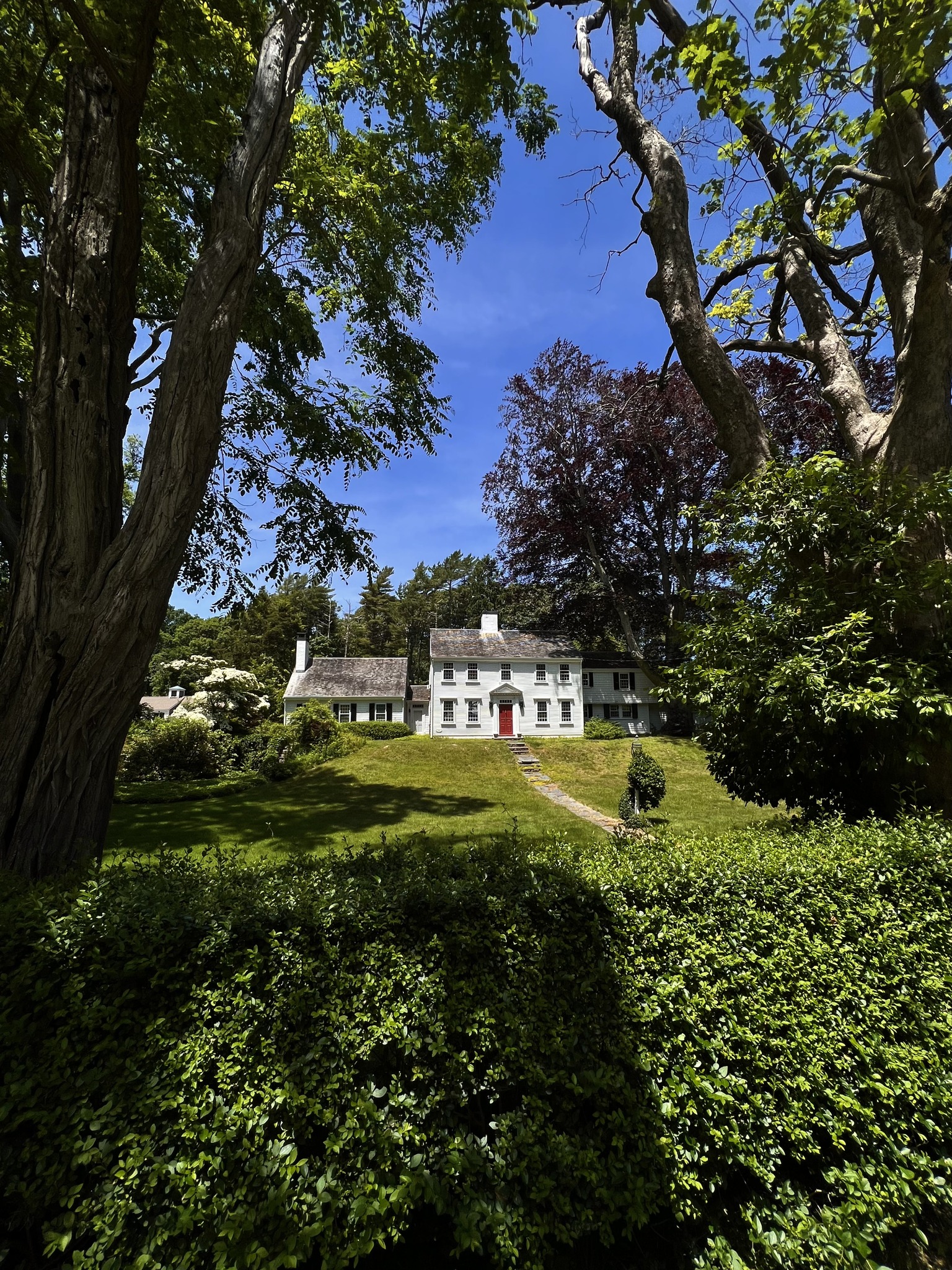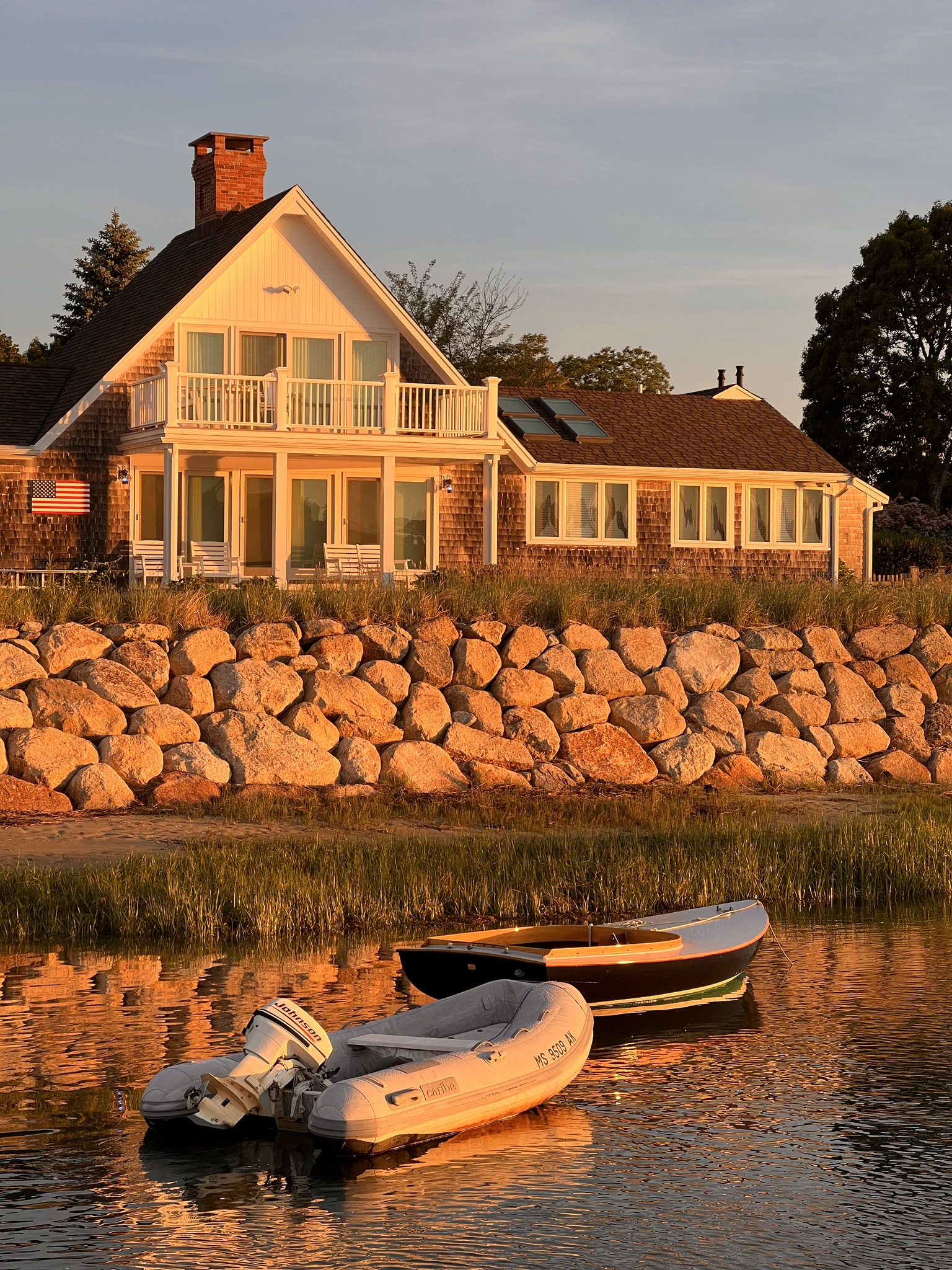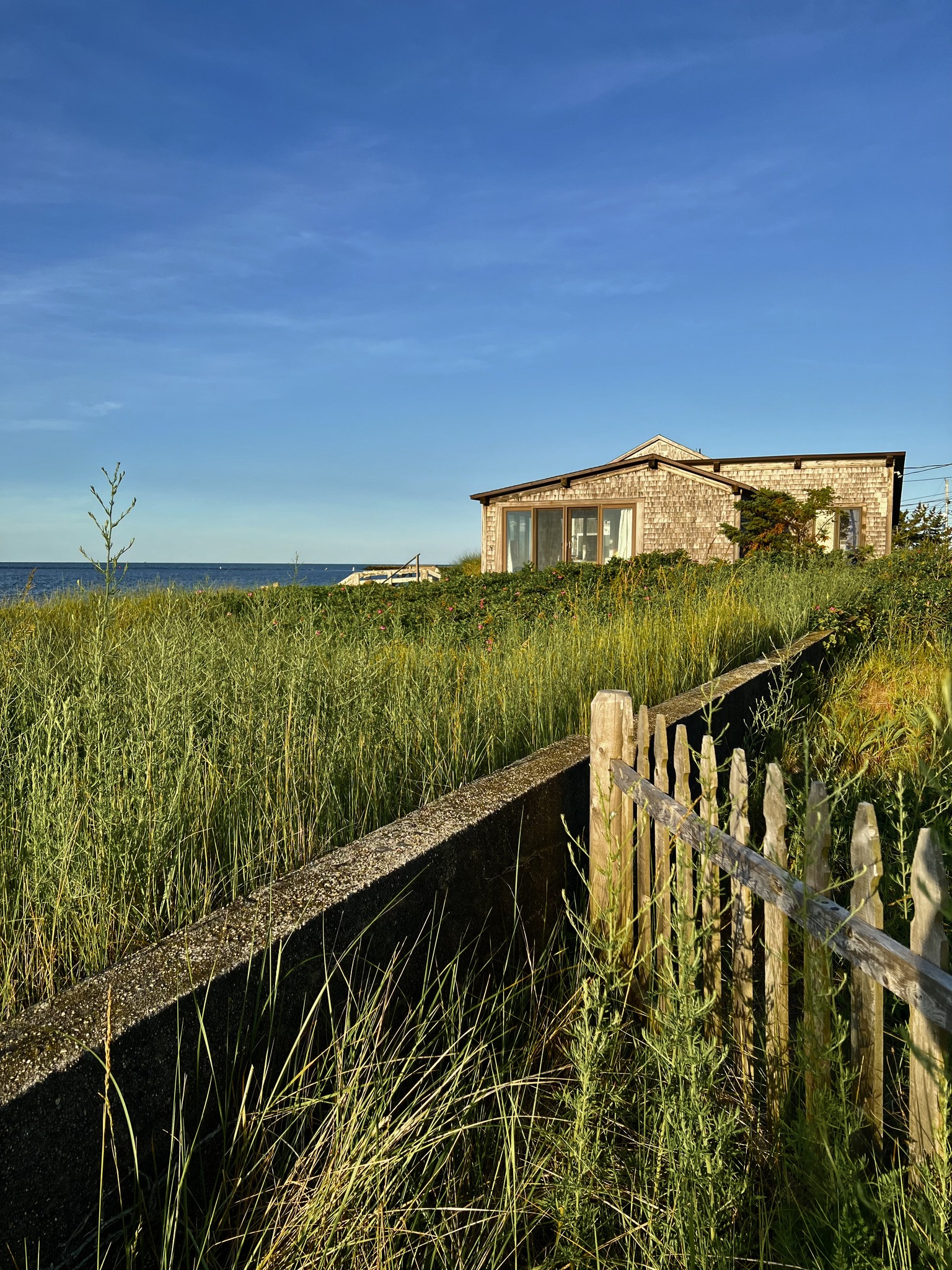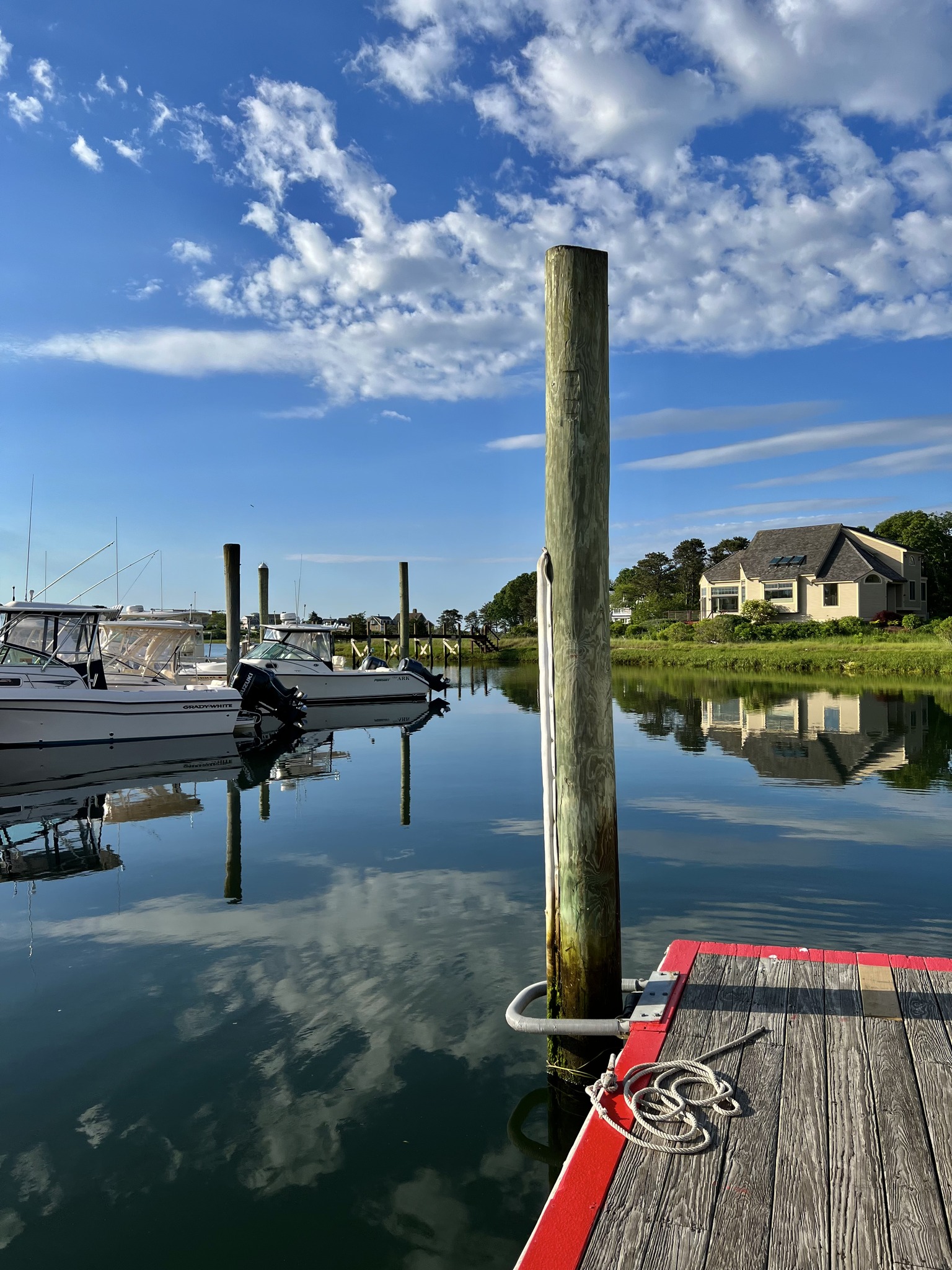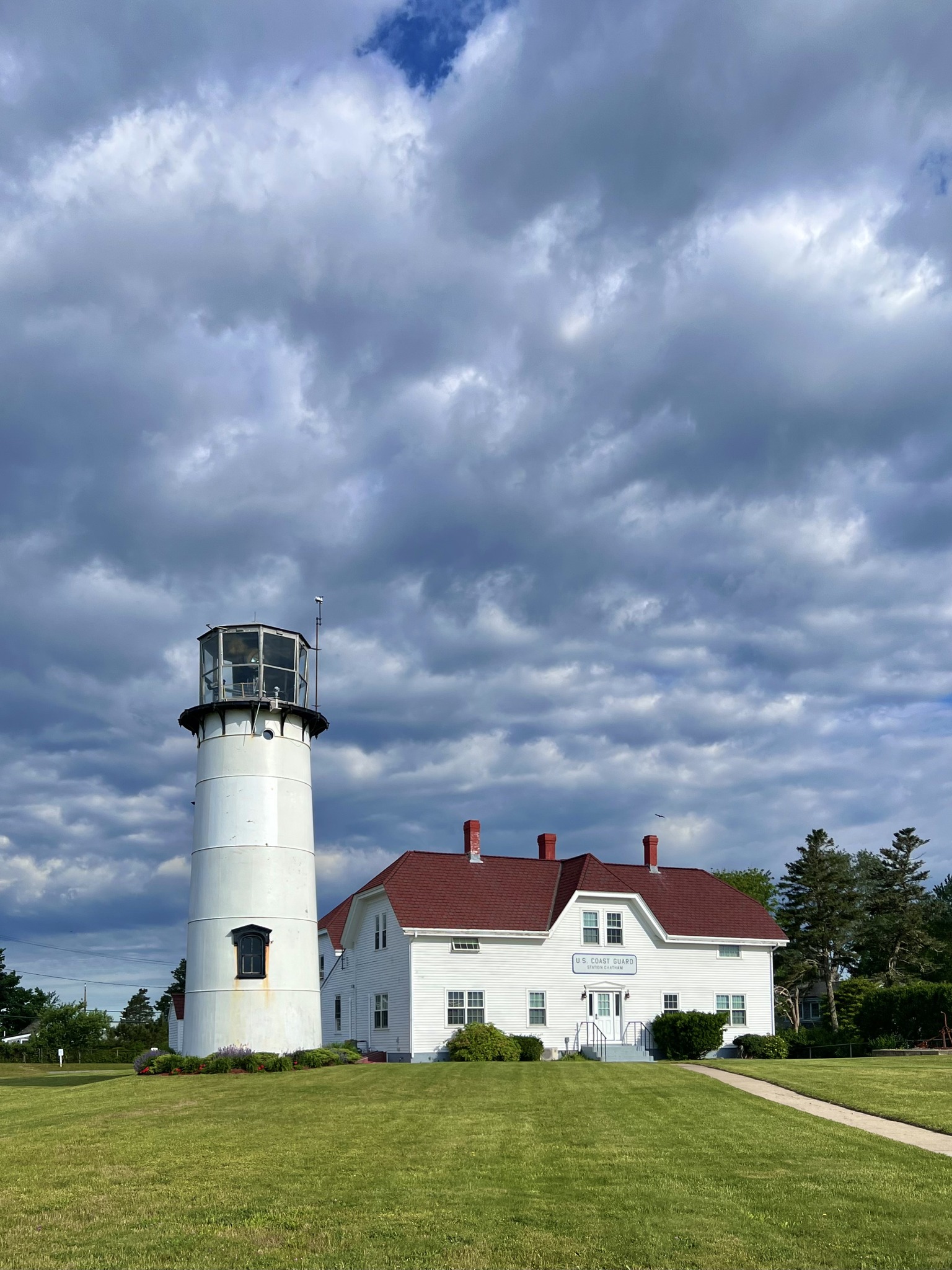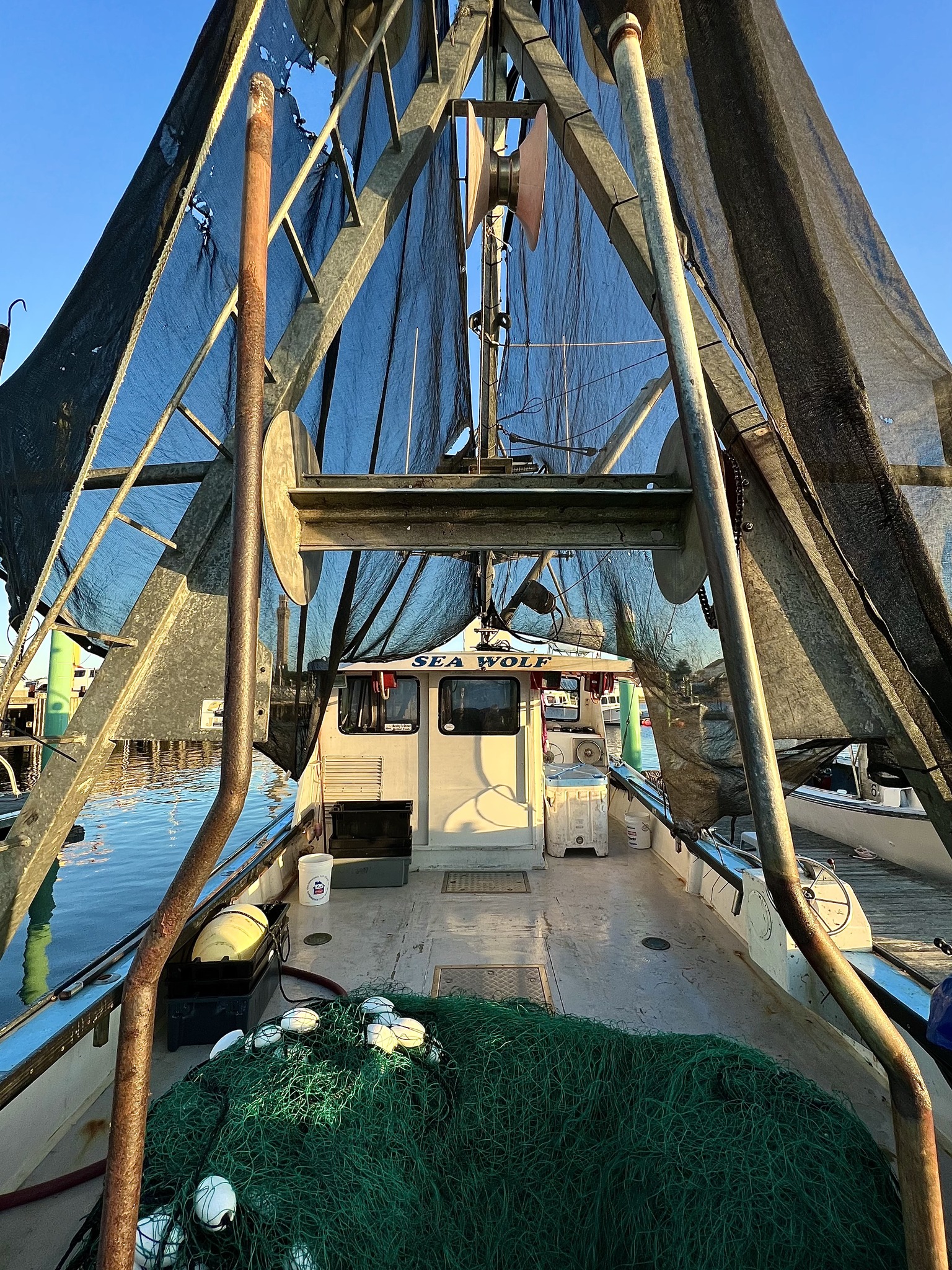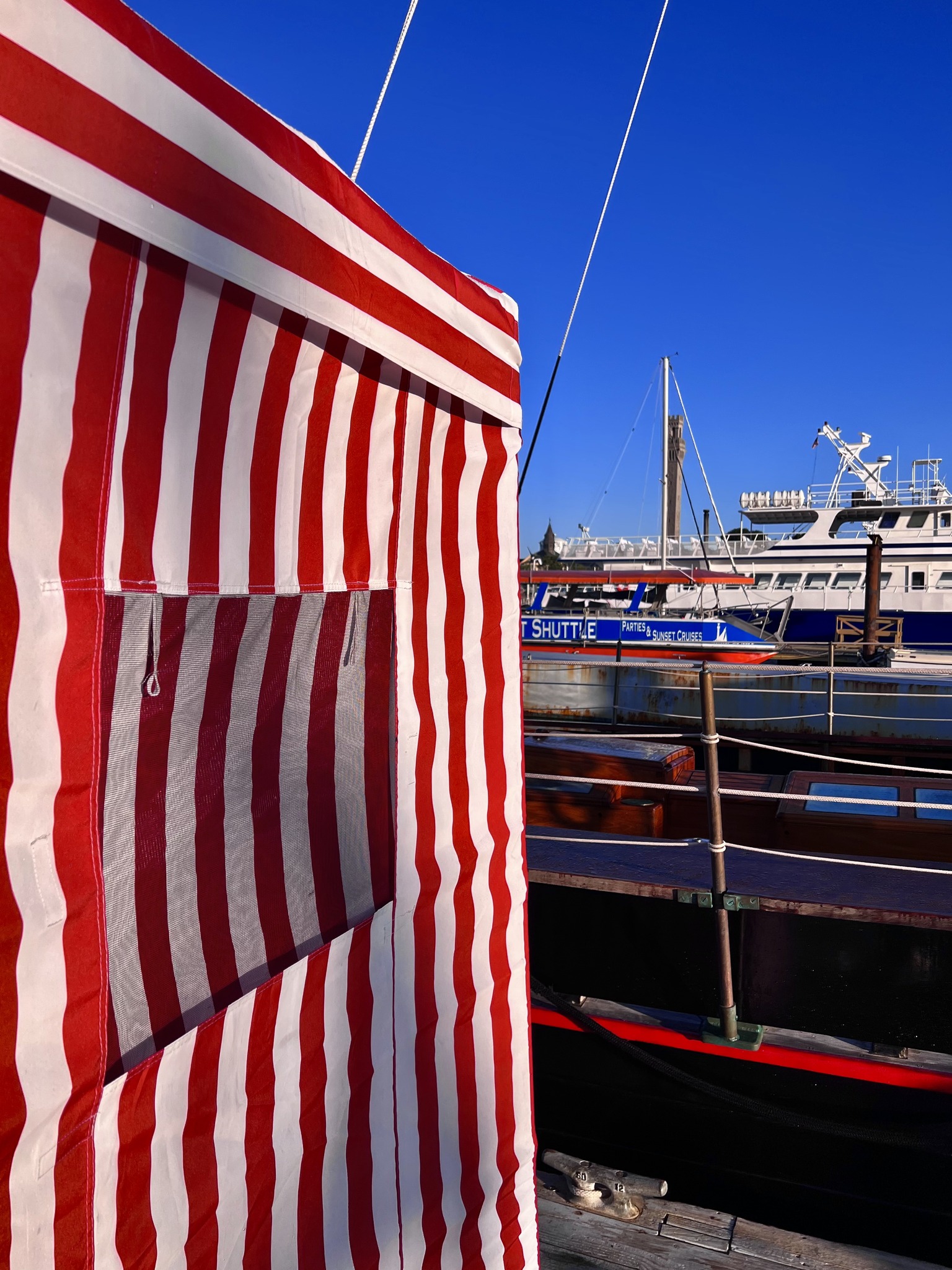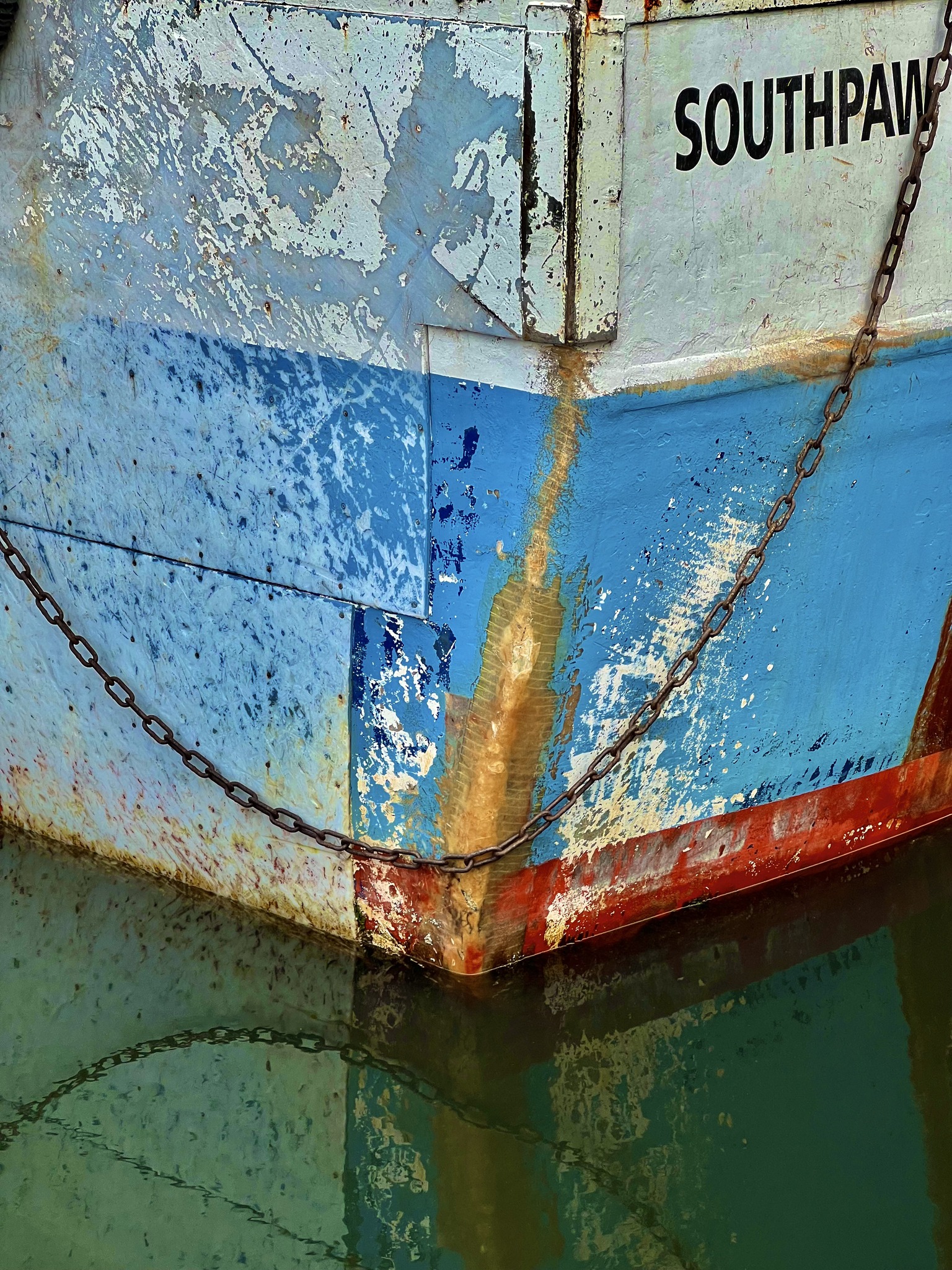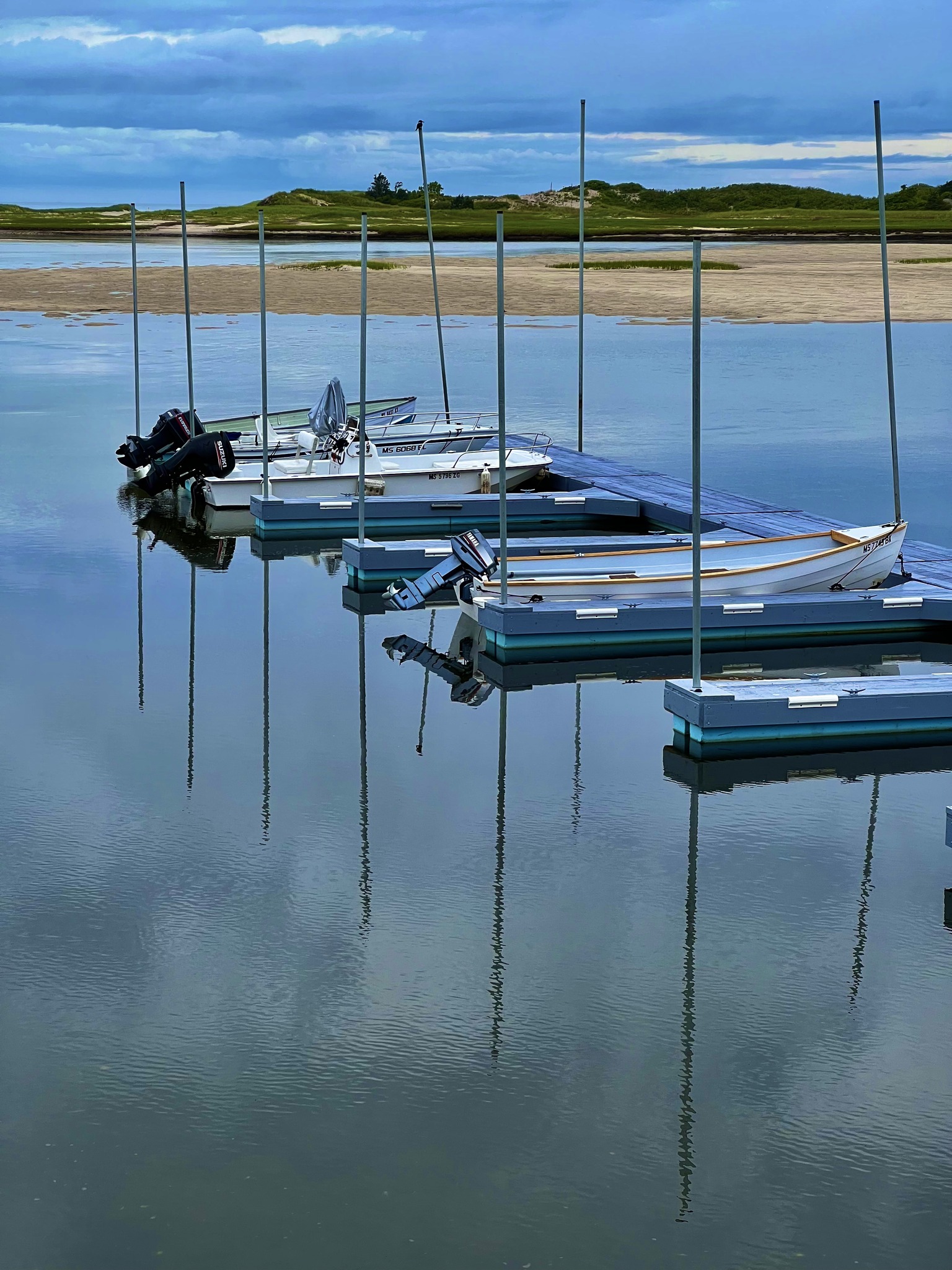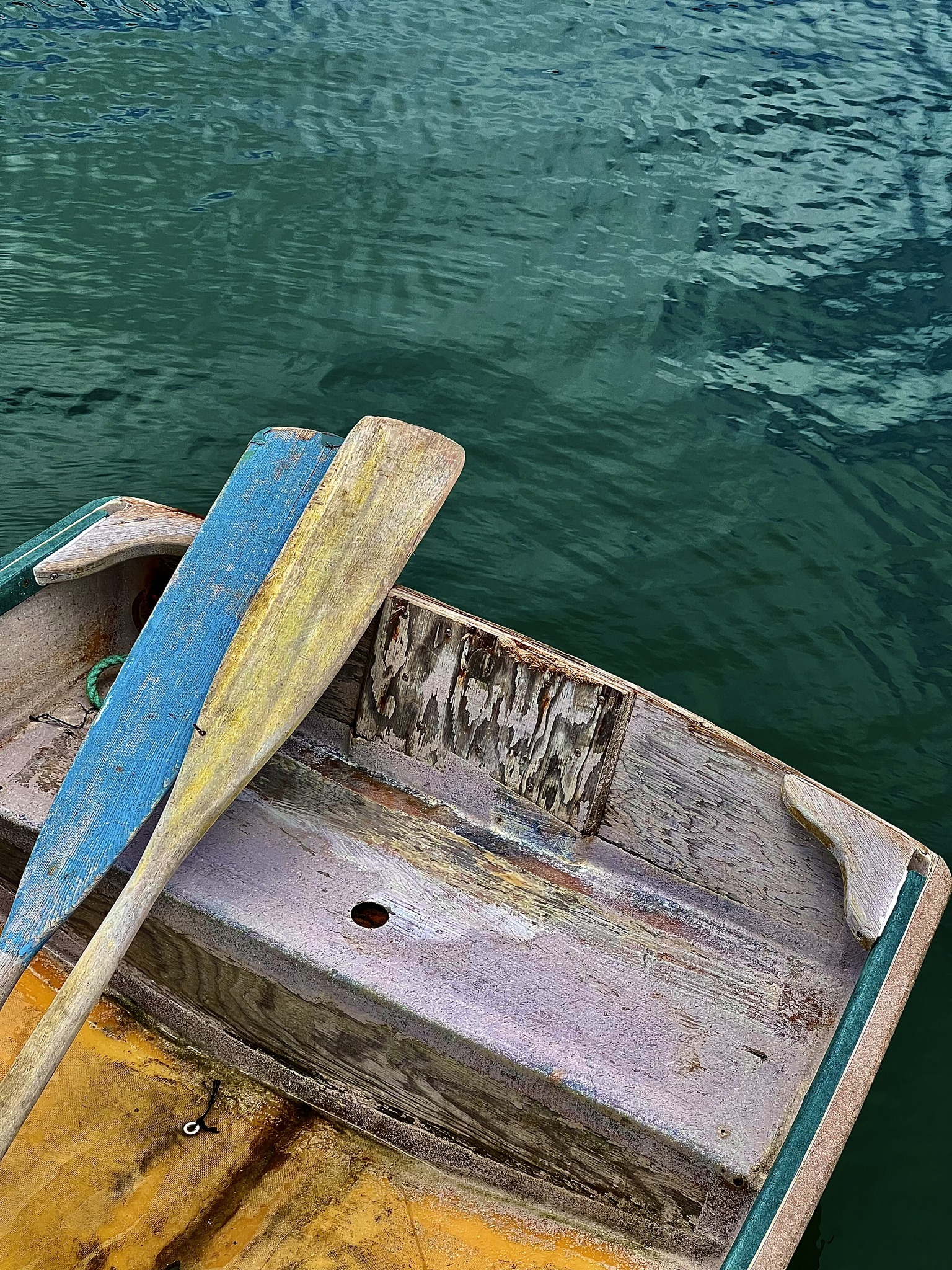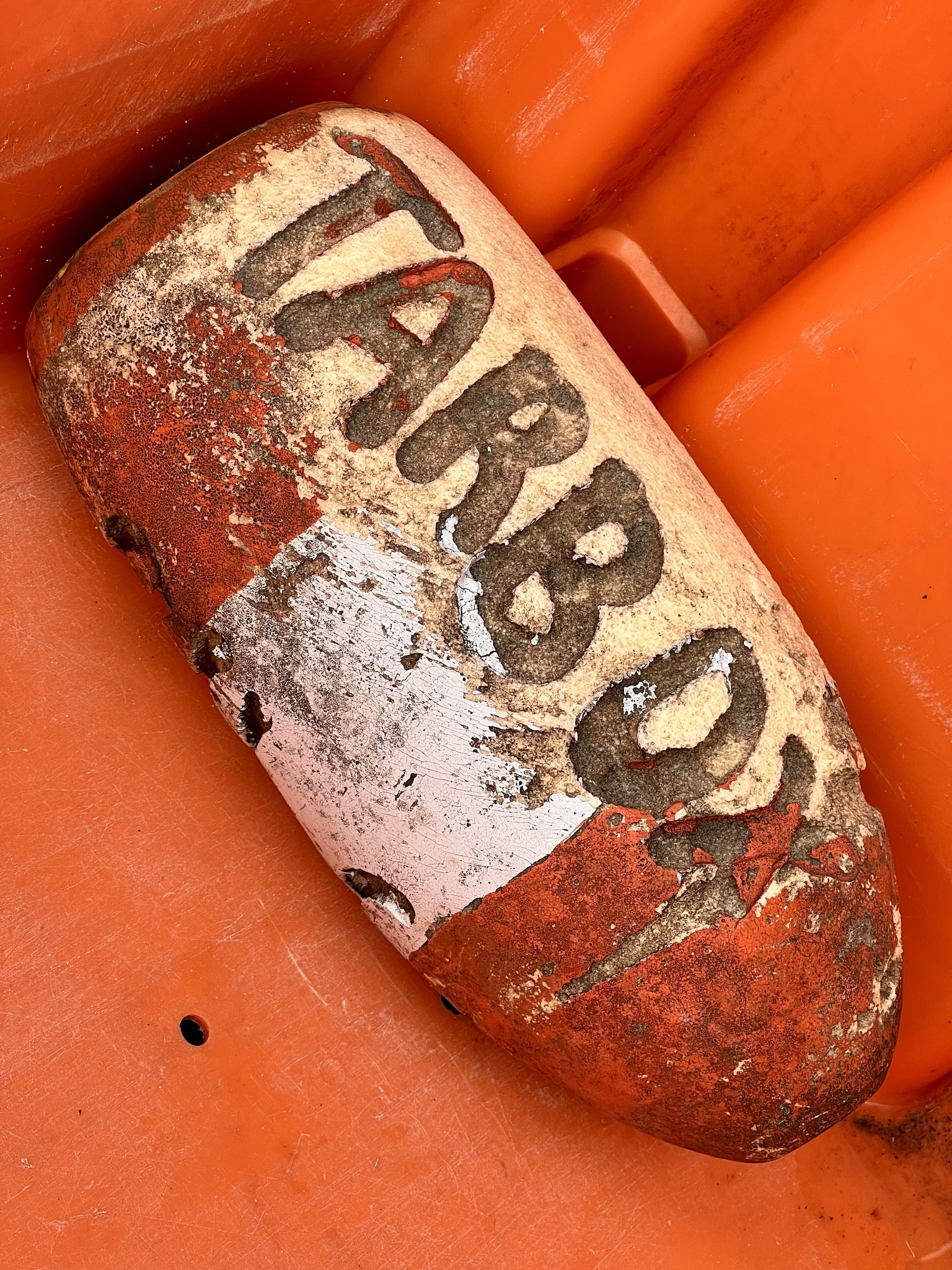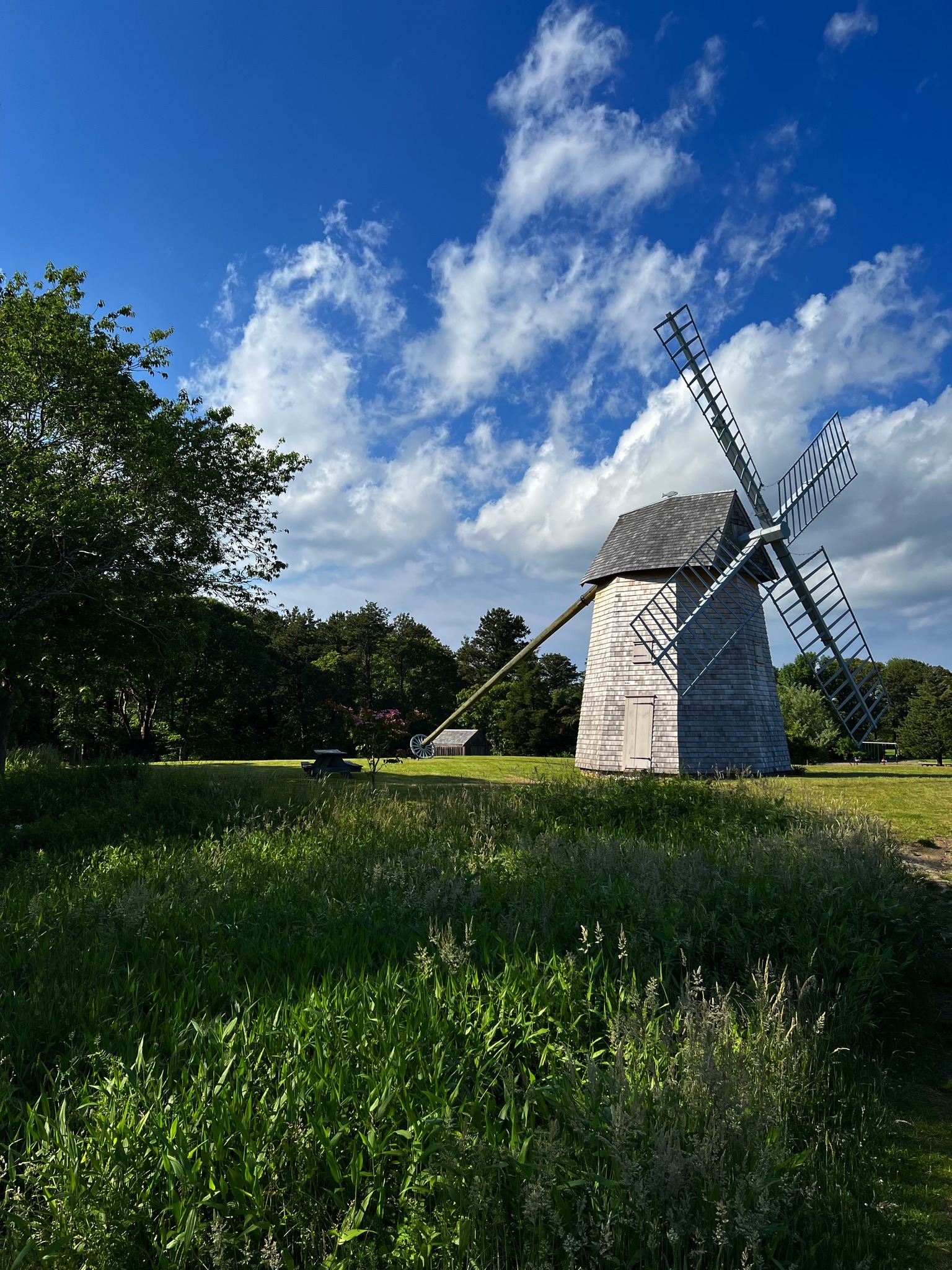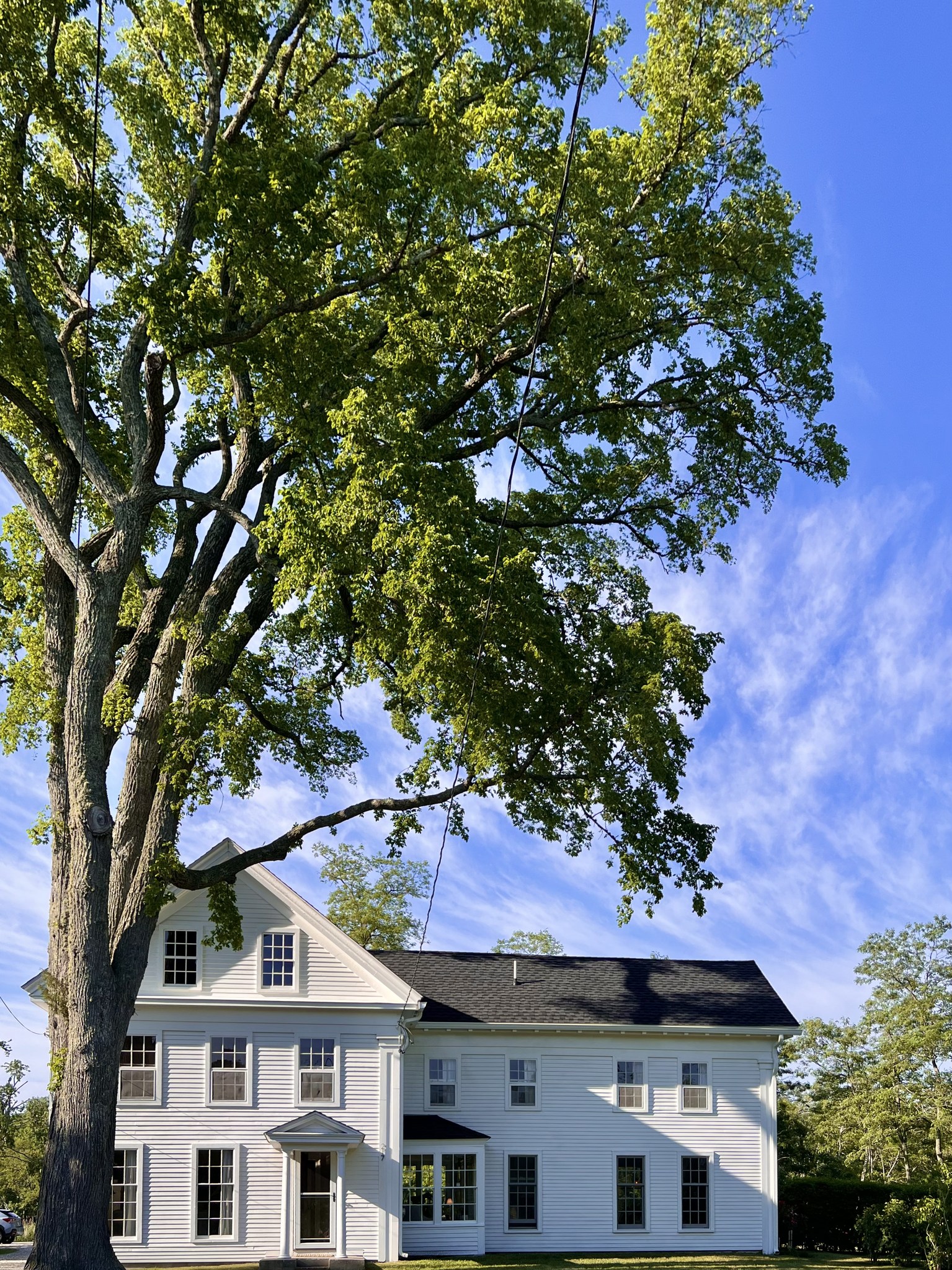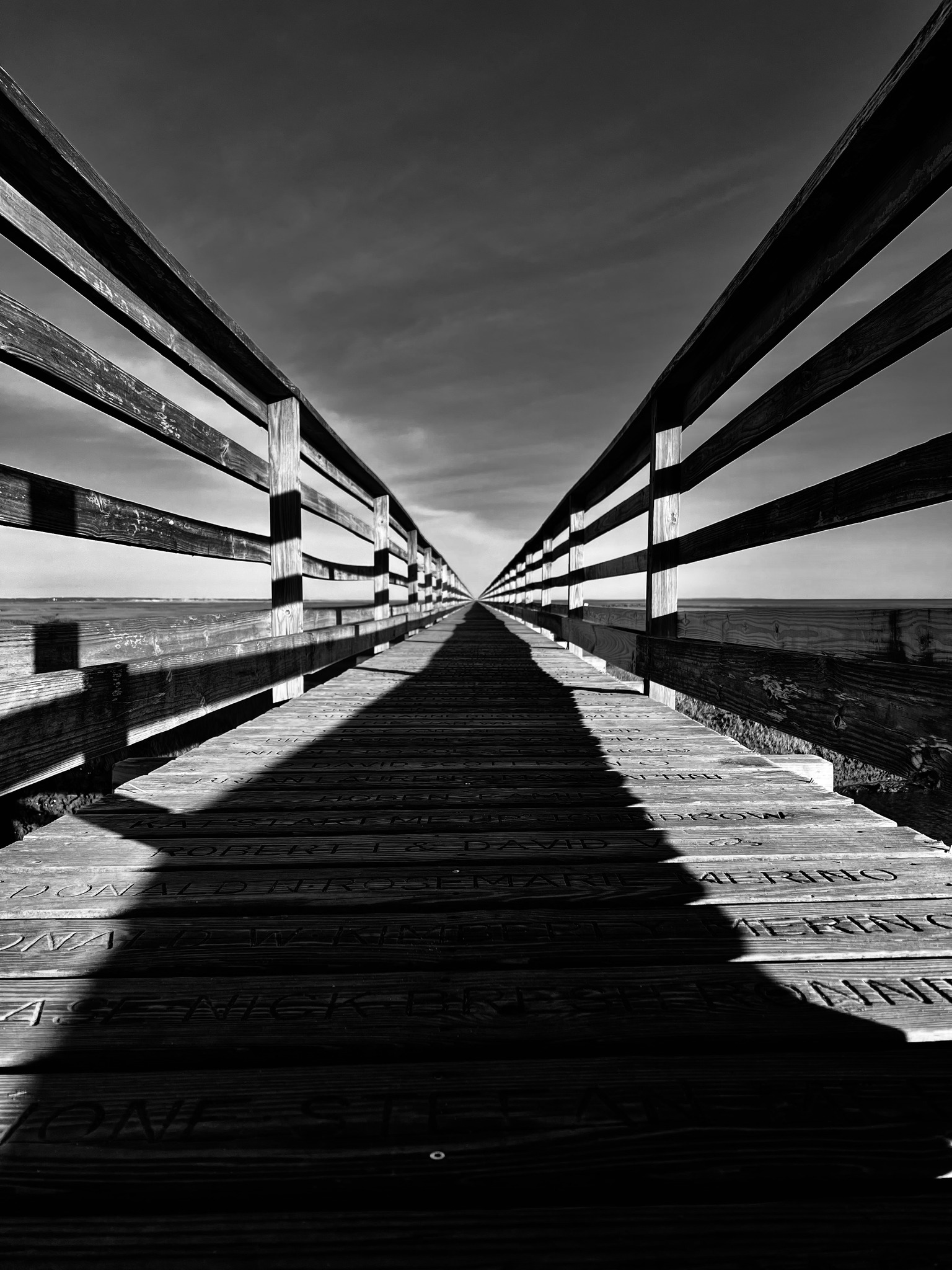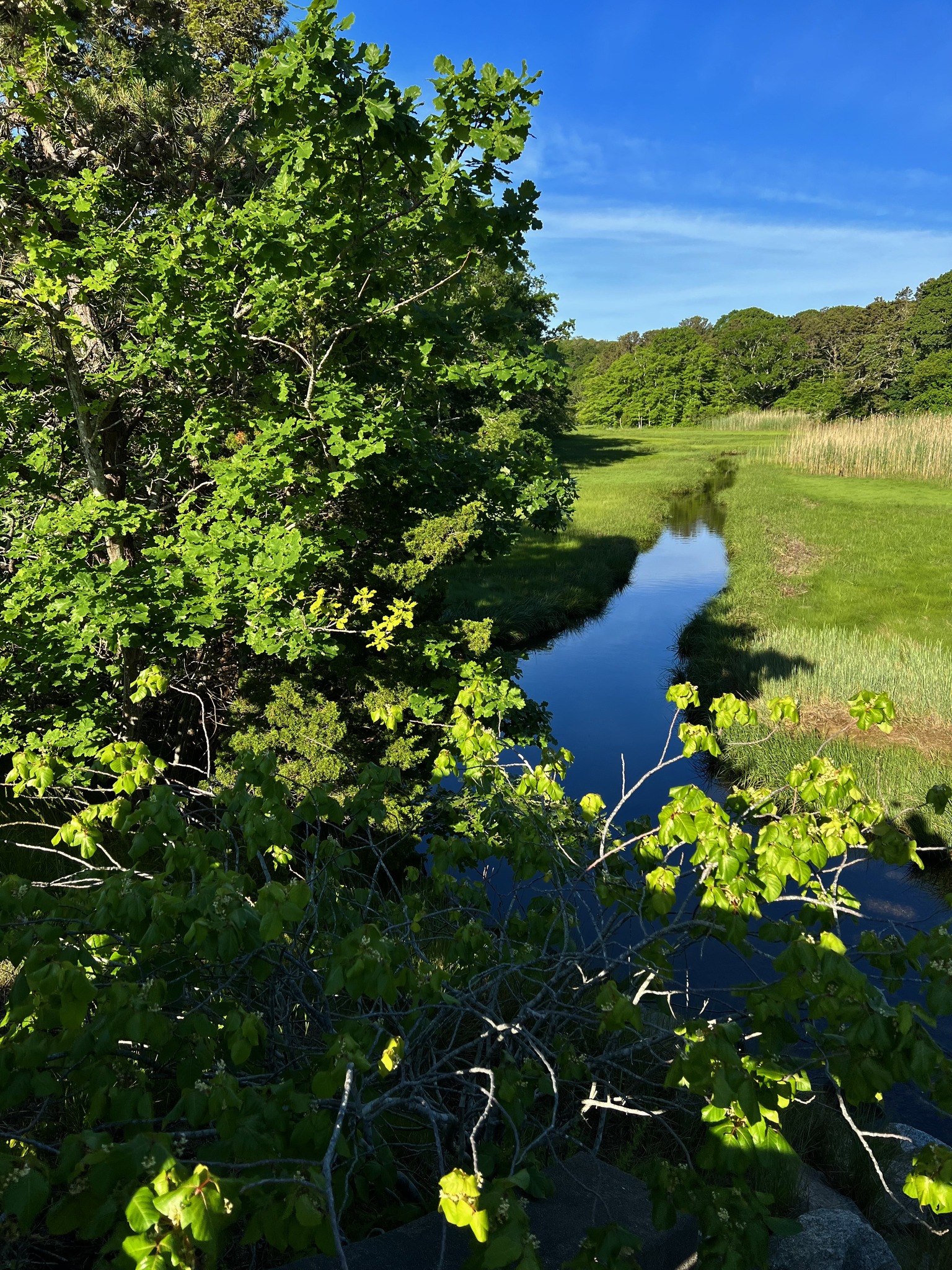As many of you know, I was born on Cape Cod. A place where land and sea hold hands, where sky stretches wider than your worries, and where the light… oh, the light—it teaches you how to see before you even know what a camera is.
I grew up inland, in Reading, Massachusetts. But every summer—those golden, unhurried months of June, July, and August—my family returned to the Cape. It wasn’t just a vacation spot. It was our rhythm. Our ritual. A return to something elemental.
I’ve lived most of my adult life straddling two worlds—the one I built, and the one that built me.
I left Reading at 18 to chase down my future. College. Career. Marriage. Life on the move. I never really returned. But the Cape? That was different. It waited for me. It whispered me home. My parents retired there. Settled into the salt air and quiet tides. And from then on, every return visit—holidays, family gatherings, quiet weekends—anchored me back to that sliver of Massachusetts that somehow held the whole of me.
Cape Cod became more than geography. It became home. Not just close to home. Home.
It’s where I first picked up a camera. Where I began to understand light not as science but as story. Where early mornings and late afternoons taught me the discipline of waiting for something beautiful. Cape Cod, in many ways, made me a photographer before I ever knew I was one. And even now, decades later, I feel like that wide-eyed kid when I stand on a dune and watch the sun melt into the horizon.
When my dad passed, something shifted. Not just in the family, but in the very landscape of my heart. A piece of Cape Cod died with him. He left the family house to my younger brother Ken, who’s been fixing it up for rental. I understand it. I respect it. But it also means that my visits to the Cape will now be fewer and farther between. No more dropping in. No more spontaneous weekends. The anchor is gone.
And yet…
Cape Cod remains. In my bones. In my breath. In my photos. It’s the shape of my childhood. The scent of low tide. The hush of pine trees lining quiet backroads. It’s the laughter of my siblings, the clink of ice cubes in plastic cups, the way the porch screen door snapped shut like punctuation. These things don’t go away. They live in you. Travel with you.
I don’t want this to sound like sour grapes. Life changes. People move on. Houses pass hands. But the place? The place stays with you.
There’s something about your birthplace—your origin spot—that never leaves you. No matter how far you roam. I’ve seen the world through a lens. I’ve stood in front of ancient ruins and sparkling skylines. But nothing has ever felt quite like the Cape at dusk. Nothing ever will.
Cape Cod isn’t just where I’m from. It’s who I am.
Every time I visit now, I find myself photographing more slowly. More deliberately. Not chasing shots but gathering them. As if I’m collecting proof that I was here. That this place shaped me. That it still does.
It’s not about nostalgia. It’s about recognition. Knowing the curves of a coastline the way you know an old friend’s voice. Feeling the breeze and somehow knowing what season it is without opening your eyes. Seeing the light and understanding that it’s not just illumination—it’s memory.
So yes, my time on the Cape may look different moving forward. And yes, the family house isn’t mine to return to anymore. But Cape Cod? It’s mine. In heart. In mind. In spirit. In story.
It always will be.
Because home isn’t just four walls and a roof. It’s a feeling. A belonging. A tether.
And for me, that tether stretches all the way to the end of the peninsula—where the land runs out, and the light begins.
I have a new goal now. Save enough money to buy my own home on Cape Cod so my daughters and their families can enjoy what I always had.
Click.
Jack.

